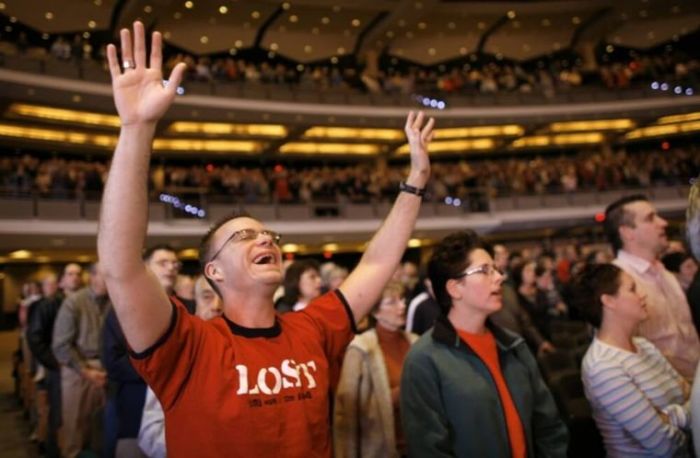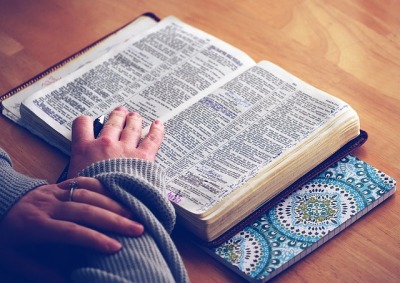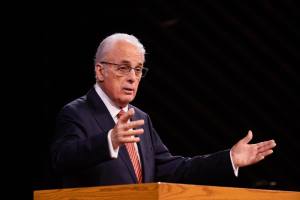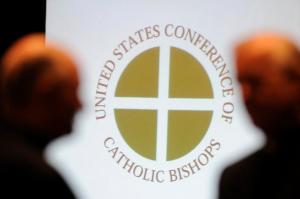Americans Who Believe the Bible Is the Literal Word of God Are Not in Decline, Says Expert

Contrary to a recent Gallup poll, another survey shows that the percentage of Americans who believe the Bible is the literal word of God has remained remarkably stable over the past several decades.
Ryan Burge, professor of political science at Eastern Illinois University, recently examined the data from a General Social Survey looking into how Americans viewed the Bible.

The three answers a respondent could choose from were that the Bible was the literal word of God, inspired by God but not literally true, or a book of myths simply written by men.
Burge noted in a piece posted online by the Religion in Public blog last Friday that contrary to a recent Gallup Poll, "the number of Americans who believe that the Bible is literally true has stayed remarkably steady since the mid-1990's."
Burge found that on the issue of biblical inerrancy, like many other issues, those in the conservative camp remained stable while moderates moved to the liberal position.
Burge went to examine and found that while the number of those who support the literalist view are fairly stable and the number of those who support the fables view is growing, the moderate view of inspired but not literal is shrinking.
"Recent research published indicates a significant number of individuals left their churches over politics in 2016 and that was driven by political disagreements," wrote Burge.
"The GSS paints a picture of an American religious landscape where the conservatives are holding steady and the number of religious liberals is on the rise, with fewer and fewer being stuck between. This cannot help but exacerbate social and political tensions," he concluded.
In a follow-up piece posted Monday morning, Burge examined political alignment for seven different categories of religious affiliation: "Evangelical Protestants," "Mainline Protestants," "Black Protestants," "Catholic," "Jewish," "Other Faith," and "No Faith."
He found that biblical literalism among evangelicals was high in the 1980s, dropped in the 1990s, then rebounded such that in 2016 the level was about as high as the 1980s (around 60 percent).
Biblical literalism declined among mainline Protestants over the same period. Burge notes that the decline, with the increase among evangelicals since the 1990s, could be because a number mainline Protestants who believe the Bible is the literal word of God left mainline protestantism for evangelicalism, but since the GSS surveys new people each year there is no way to know from that data.
Among Bible literalists, Burge found little change in recent years when surveyed about their partisan identification, even as each group varied in whether they considered themselves Republican or Democrat.
"Evangelical literalists have become about 10% more Republican, but the entirety of that shift occurred between 1984 and the mid 1990's," observed Burge.
"Since that point, there has not been a shift among evangelicals, nor has there been one in Mainline Protestants in the entire time span. Literalist Catholics became slightly more Republican, but that trend has reversed in the last decade."
Burge's work came partly in response to a recent Gallup Poll which indicated that belief in the authority of the Bible was in decline in America.
"Over the past three decades, Americans' view of the Bible as the literal Word of God has been declining, while their view that the Bible is a collection of fables, myths and history recorded by man has been increasing," concluded Gallup in a poll released last week.




























